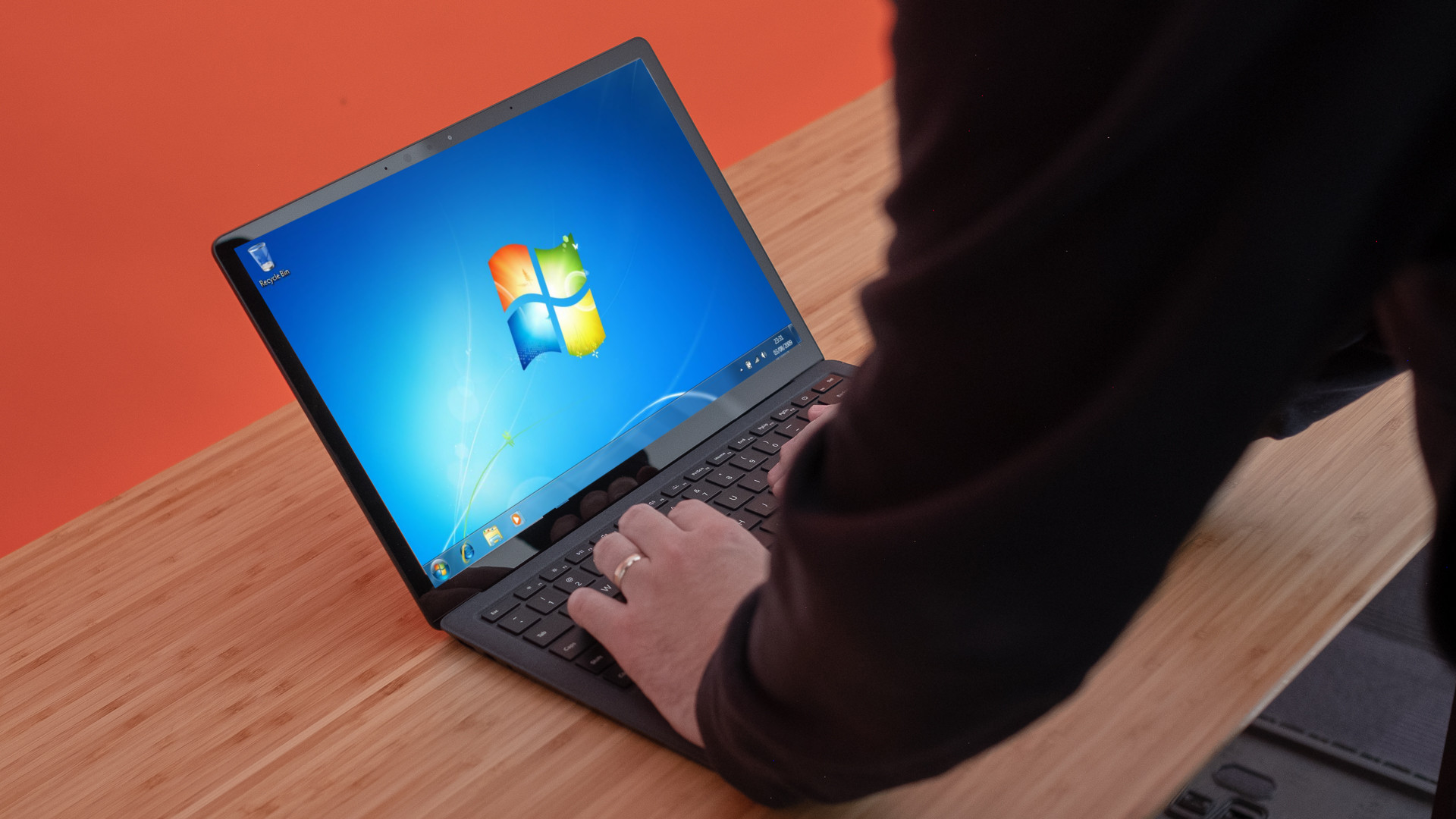Stop using outdated software like Windows 7, Kaspersky says
Businesses and consumers continue to use outdated operating systems despite the risk

Despite the fact that running an unsupported or near end-of-life operating system increases security risks, new research from Kaspersky has revealed that many businesses and consumers are still using Windows 7 and some have yet to upgrade past Windows XP.
Researchers from the cybersecurity firm analyzed data collected from Kaspersky Security Network users regarding what operating system they use and the results show that 41 percent of consumers still use obsolete systems including extremely old ones like Windows XP and Vista.
At the same time, 40 percent of very small businesses (VSBs) and 48 percent of SMBs and enterprises still rely on these outdated systems.
- How to prepare for Windows 7 End of Life
- Many SMBs are running outdated operating systems
- Microsoft may extend Windows 7 end of life for some users
When it comes to specific versions of outdated operating systems used, two percent of consumers and one percent of workstations used by VSBs run Windows XP even though it hasn't been supported for over 10 years.
Less than half a percent of consumers (0.3 percent) and VSBs (0.2 percent) still prefer Windows Vista for which mainstream support ended seven rears ago. Surprisingly, a small number of consumers (1 percent) and businesses (0.6 percent of VSBs and 0.4 percent of SMBs and enterprises) missed their chance to upgrade to Windows 8.1 for free and continue to use Windows 8 although it has not been supported by Microsoft since January 2016.
Outdated operating systems
Windows 7 remains a popular choice for both consumers and businesses even while the operating systems' End of Life is coming at the end of January 2020. Over a third (38 percent) of consumers and VSBs and 47 percent of SMBs and enterprises still run this version of Windows despite the known risks in doing so.
Enterprise solutions manager at Kaspersky, Alexey Pankratov explained in a blog post that the cost of upgrading may be high for some users but in the long run it will be cheaper than dealing with a security incident later on, saying:
Are you a pro? Subscribe to our newsletter
Sign up to the TechRadar Pro newsletter to get all the top news, opinion, features and guidance your business needs to succeed!
“Statistics show that a significant share of users, both businesses and individuals, still use workstations running an outdated or approaching end of lifecycle OS. The widespread use of Windows 7 is concerning, as there is less than six months to go until this version becomes unsupported. The reasons behind this lag vary depending on the software in place, which may be unable to run on the newest OS versions, to economic reasons and even just down to habit. Nonetheless, an old unpatched OS is a cybersecurity risk – the cost of an incident may be substantially higher than the cost of upgrading. This is why we recommend that customers migrate to supported versions and ensure that additional security tools are in place during the transition period.”
If you've yet to do so, it is highly recommended that you upgrade to the latest version of Windows to avoid putting your sensitive files and data at risk.
- Don't want to update to the latest version of Windows? Check out the best alternative operating systems instead
After working with the TechRadar Pro team for the last several years, Anthony is now the security and networking editor at Tom’s Guide where he covers everything from data breaches and ransomware gangs to the best way to cover your whole home or business with Wi-Fi. When not writing, you can find him tinkering with PCs and game consoles, managing cables and upgrading his smart home.
